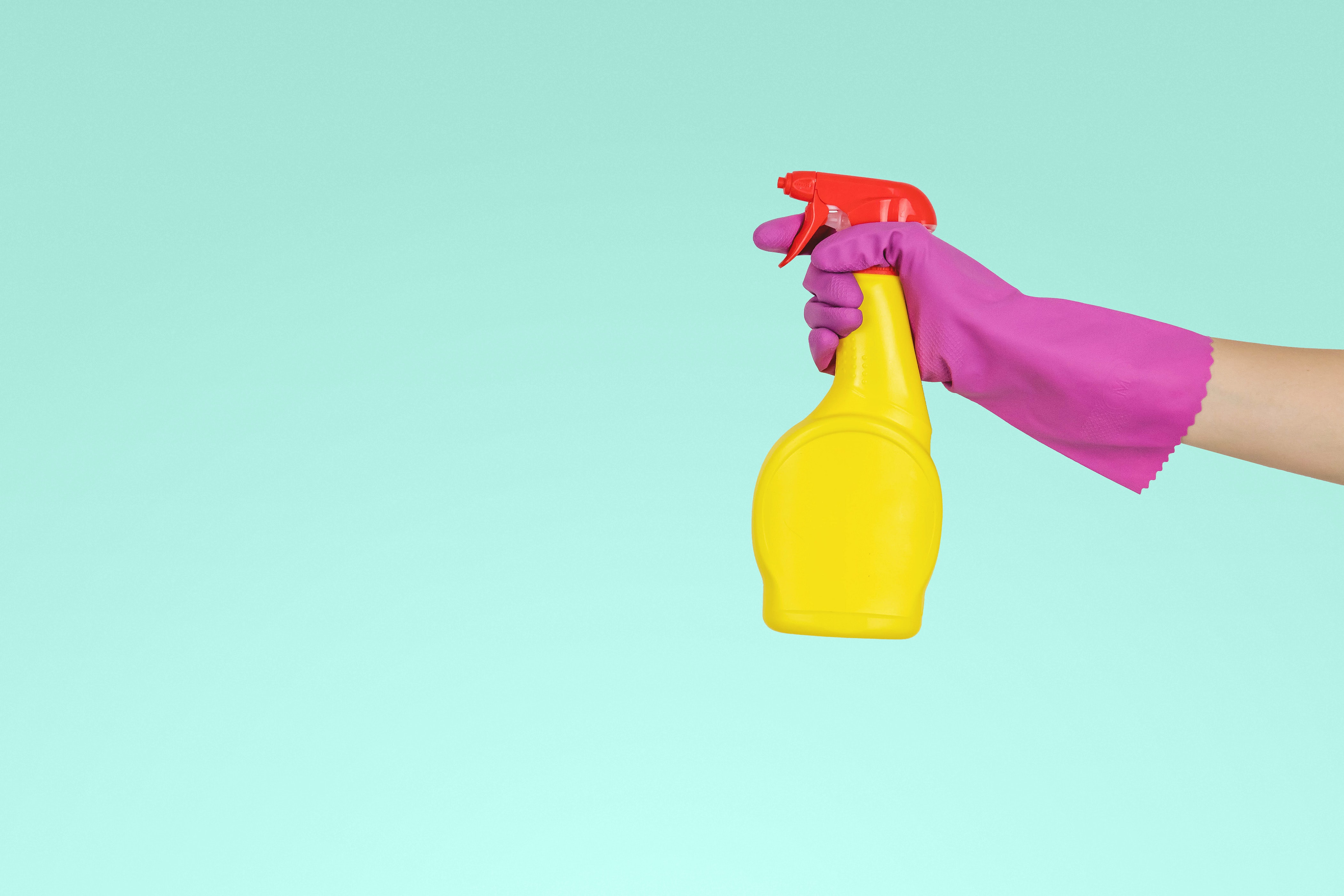The pandemic is challenging our bodies in obvious and hidden ways. While protecting ourselves from exposure to the virus, some have begun to fear all microbes, however many are beneficial for health. By not exposing ourselves to microbes, as we typically did before the pandemic, we are weakening our body’s natural defenses. Humans will likely face even higher rates of allergies, food intolerances, inflammation, auto-immune diseases, metabolic disorders and gut-brain conditions – negative health trends that are already far too high.
In order to avoid transmission of the virus, the importance of proper hygiene, wearing masks and limiting contact with others has been top of mind. But could all of the hand washing, antibacterial cleansing and social distancing cause other health problems down the line? This ultra-clean living due to the COVID-19 pandemic could in fact make our bodies’ immune systems more vulnerable.
Our bodies are home to trillions of microbes. There is often some confusion concerning those specific microbes that live in and on us, in addition to the terminology and differences between common microbes (e.g. bacteria, fungi, viruses) that support our health. Some microbes are harmful and can make us sick, however many help keep us healthy, so constant exposure to microbe-limiting practices may have unintended consequences.
Bacteria are single-cell microbes, mostly harmless to humans: less than 1% of all bacteria cause disease. Trillions of bacteria live all over and in our bodies to maintain our health. Bacterial infections can be treated with antibiotics – literally “against life” from the Greek roots “ἀντi” anti, meaning “against,” and “βίος” bios, meaning “life” – which can kill or even prevent the growth of both bad and good bacteria. Fungi are microbes that, like bacteria, prefer a range of environments. Fungal infections can become life threatening, but certain fungi have beneficial qualities. For example, penicillin is derived from a type of fungus, and we owe wine, beer, cheese and bread to fungi. Viruses have no cells, so they invade other healthy cells and multiply. For this reason, it is difficult to fight a virus with medication, so vaccinations are often used to support the immune system in fighting viruses. Many viruses are either harmless or beneficial. Some can help treat antibiotic resistant bacterial infections or cause illnesses like the common cold, while others can be deadly and can cause serious diseases such as COVID-19.
These are extraordinary times. As we focus our hygiene routine and practice physical distancing, “normal” living means we are no longer exposed to some of the natural microbes that normally would educate and support our immune defenses. Other health benefits of consistent microbial exposure include positive effects to metabolism, digestion, calmness and clarity. Probiotics – literally “for life” from the Latin “pro,” meaning “for,” and the Greek “βίος” bios, meaning “life” – can be the hero in our current germophobic environment. They help counter the lack of microbe exposure by stimulating our body’s own bacterial population in the gut and priming our immune cells. Probiotics are safe, have minimal to no side effects and have enough benefits to warrant use by astronauts on the international space station!
Probiotics are “live microorganisms [microbes] that when administered in adequate amounts confer a health benefit on the host.” This definition was established by the WHO and Food and Agriculture Organization of the United Nations. Research abounds with more than 8,000 research articles specific to probiotics indexed on PubMed, and their popularity has risen substantially in the past decade. Numerous microbes used in probiotic supplements are naturally found within the body – the most common being Lactobacillus ssp and Bifidobacterium ssp. Different types of probiotics have different effects and demonstrate a variety of benefits like improving the immune system; supporting the existing good microbes in our bodies; producing certain vitamins and nutrients; and even stimulating neurotransmitters that influence mood, weight and more!
Human clinical trials studying probiotics number over 1,600 publications in ClinicalTrials.gov and the International Clinical Trials Registry Platform of WHO databases. The FDA directly supervises the probiotic industry and regulates all dietary supplements through the Dietary Supplement Health and Education Act of 1994 (DSHEA). DSHEA involves FDA involvement on numerous levels, including much more than document reviews and audits. IPA members are probiotic companies in good standing with science-based products that adhere to FDA’s safety and marketing guidelines. As we seek strategies to help us to live our lives with less fear, simply taking a probiotic supplement may help to compensate for an ultra-clean lifestyle. Gut health seems to be in synchrony with the rest of the body. Many positive health outcomes are noted from probiotic research and people taking probiotic supplements report feeling better. It should be noted that no probiotic has currently been found to treat or prevent COVID-19, however research is underway to assess the impact of certain probiotics with COVID-19.


